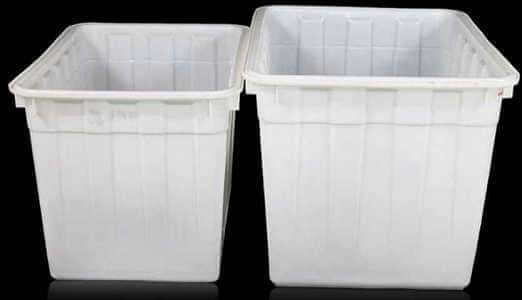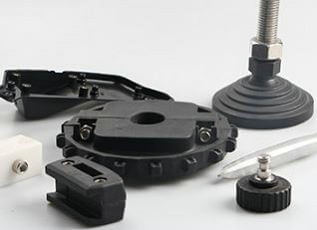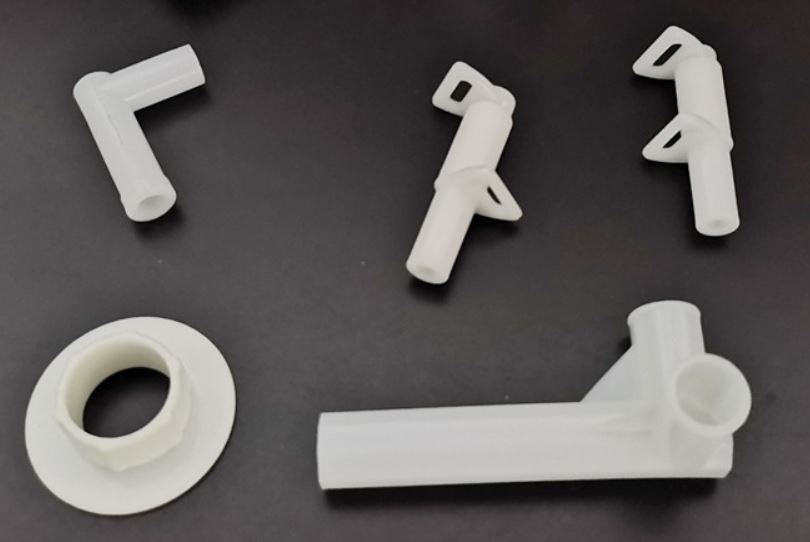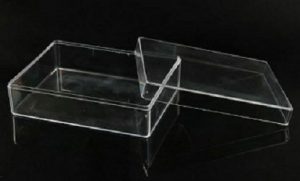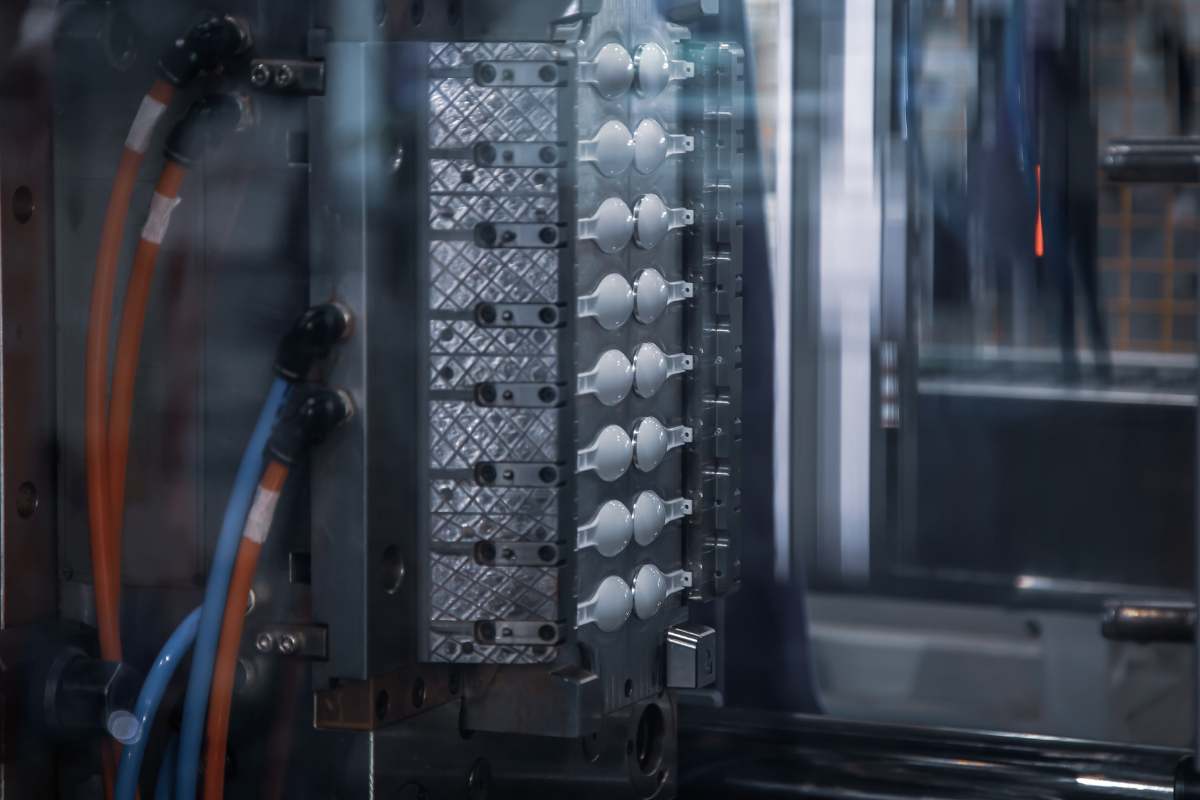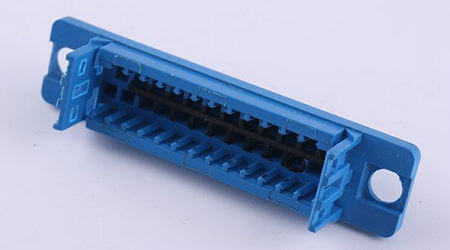How Plastic Chair Mould Produces Comfortable Modern Seats
Plastic chairs are seen almost anywhere you lay your eyes on, from the busy cafes lining the city streets to the nooks of your own home. But did you even consider how these chairs even come to life?
The surprisingly simple answer is none other than the plastic chair mould, the tool that shapes the chairs you sit on every day
A plastic chair mold is not just a negative space. The people working in a plastic chair mould factory are like sculptors who transform molten plastic into the comfortable and functional seating solutions.
But what makes the plastic mold chair so beneficial in the first place? Read on to learn more about the hidden advantages of plastic chair moulds.
Efficiency Redefined: Mass Production for Maximum Comfort
Imagine a world where every plastic chair was hand-crafted. The cost and time involved would be prohibitive! The plastic chair moulds eliminate this hurdle entirely. The plastic chair mold allows manufacturers to generate identical chairs at high speeds that significantly cut down production time and overall costs. It results in a wider availability of affordable seating solutions for everyone, from owners of busy restaurants to budget-conscious families.
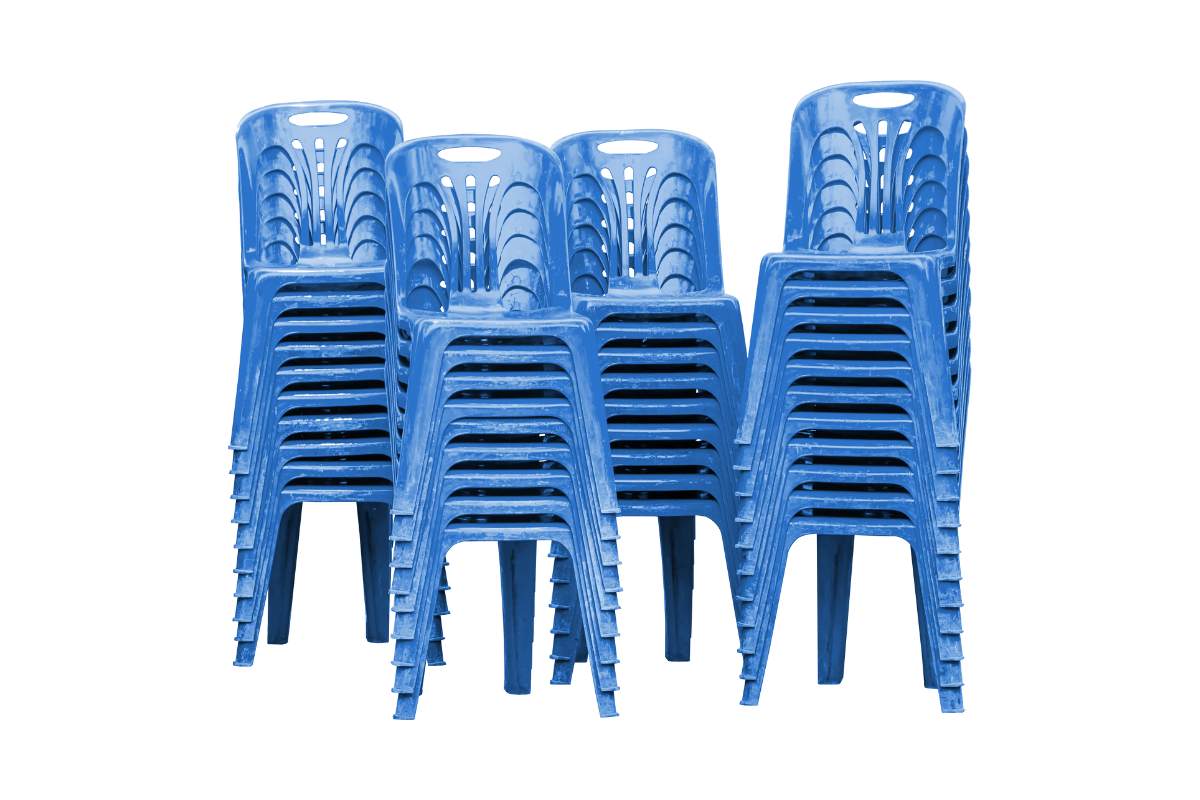
Consistently Strong for a Comfortable Foundation
A flimsy chair can be downright uncomfortable, not to mention that it can also pose a serious hazard to safety. A plastic chair mould guarantees consistent thickness of walls and overall structural integrity on all chairs produced. It ensures that users are always safe while offering a reliable foundation of comfort, whether you’re engrossed in a work meeting in the office or enjoying a leisurely lunch.
Design Delights: A Chair for Every Occasion
Not all seating needs are made equal. A plastic mold chair caters to this as it offers an amazing array of design possibilities. The designs of a plastic mold chair can be adapted to create the perfect chair for any purpose, from ergonomic office chairs with adjustable lumbar support to stackable bistro chairs for outdoor cafes. It guarantees that the level of functionality and comfort are tailored to the specific intended use.
Material Marvels: Choosing the Right Comfort Formula
A reliable plastic chair mould factory doesn’t only use a single type of plastic. Different materials can be chosen according to the desired balance of weight, durability, and comfort.
For instance, polypropylene or PP is a popular choice because it is easy to clean and lightweight which makes it a recommended choice for outdoor furniture.
On the other hand, high-density polyethylene or HDPE offers incomparable flexibility and strength, which is ideal for high-traffic areas such as schools and restaurants. This flexibility ensures the chair is crafted with the right “comfort formula” for the purpose it is meant to do.
Beyond Seating: A Mould of Many Uses
The plastic choice mould is not just used for traditional seats. They can also come in handy for a variety of other functional and comfortable products, including beach loungers, children’s play equipment, as well as ergonomic seating components for wheelchairs. This versatility makes them a valuable asset in a wide array of industries.
1, The minimum lifetime of the plastic chair mold.
The normal standard of lifetime of the chair mould should meet up to at least 0.5 million shorts or even more, so the quality of steel is very important, some of injection mold companies offer the poor quality steel to save the money and offer the cheaper price to the customer, but when the customer has the mold at their factory, may haev issue after a few months, to keep good quality of plastic chair mould, we usually suggest our customers use 718H or P20 mold steel. this will make sure the mold can last at least 0.5 million without any problem
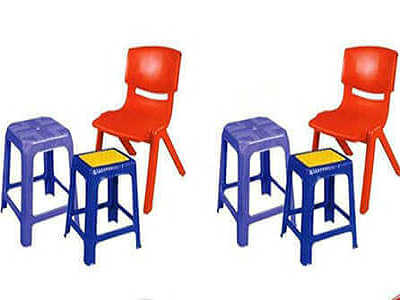
plastic table chair mold
2, The cycle time of plastic chair mold during production,
3, How to optimize the weight of the plastic chair molding part but the same strength.















